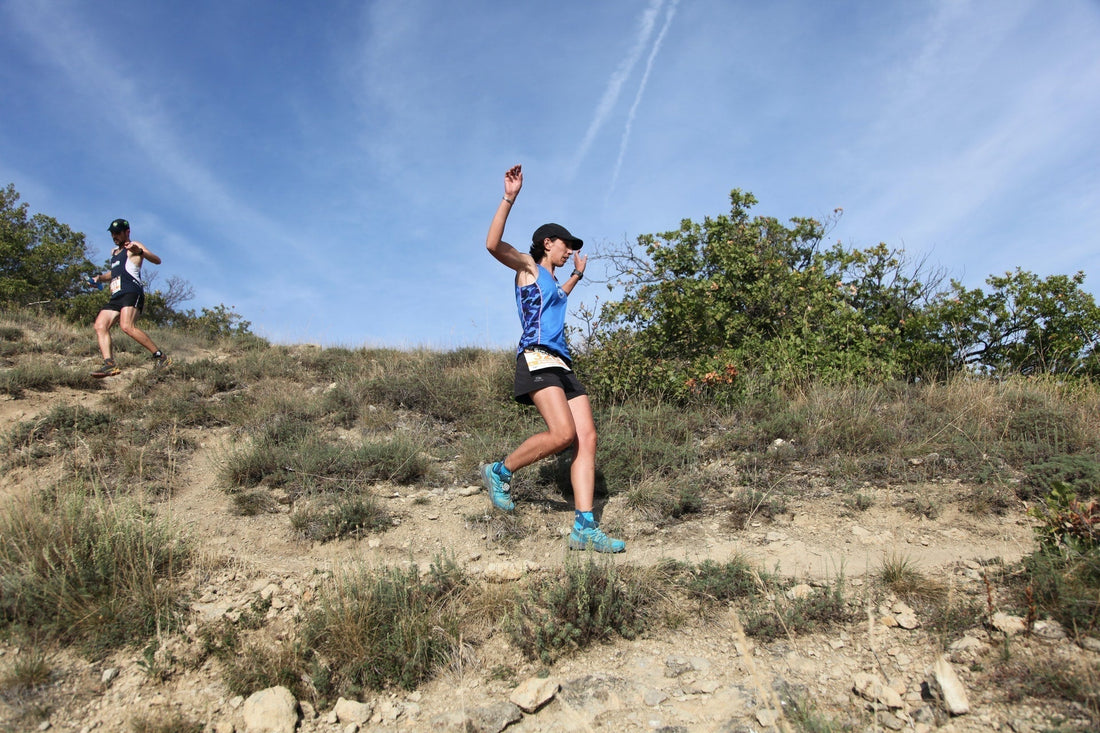
Caffeine for Endurance Athletes
Share
How to Find Your Sweet Spot
2-Minute Read
Caffeine is one of the most researched and effective performance enhancers in sport. It works by stimulating the central nervous system, helping athletes feel more alert, lowering perceived effort, and improving endurance. Taken in the right amount and at the right time, caffeine can provide a measurable boost in training and racing.
However, every athlete responds differently, so finding your personal caffeine strategy is crucial.
Step-by-Step Guide to Dialling In Your Caffeine
1. Start Small and Test in Training
Begin with a moderate dose of 2–3 mg per kilogram of body weight (about 150–200 mg for most adults). Take it 30–45 minutes before a workout to see how you feel.
2. Find Your Personal Tolerance
If you experience jitters, anxiety, or stomach upset, scale back. If you feel no effect, you may try slightly higher doses, but avoid exceeding 6 mg/kg per day.
3. Apply It to Race Day
- Marathons & shorter endurance events (1–3 hrs): A single pre-race dose or split pre-race plus mid-race caffeine can work well.
- Ultra-distance events (4+ hrs): Use smaller hourly doses (e.g., 25–50 mg every 60–90 minutes) rather than a large single intake. This helps maintain steady energy levels while preventing excessive total caffeine intake, which can disrupt sleep or cause late-race side effects. Aim to stay within ~400 mg per day (Health Canada’s safe upper limit for most adults).
4. Practice Your Plan
Never try caffeine strategies for the first time on race day. Test them during long training sessions to see how your body responds.
5. Mind Recovery
Keep in mind that caffeine can remain in your system for 3–6 hours. Avoid late-day doses to protect your post-race sleep.
Bottom line: Caffeine can give endurance athletes a real edge, but the best strategy is highly individual. Experiment with timing and dose in training, stick to moderate levels, and adjust based on your body’s feedback.
References
-
Burke, L. M. (2008). Caffeine and sports performance. Appl. Physiol. Nutr. Metab.,33, 1319-1334. doi:10.1139/H08-130
-
Coffee Facts. (n.d.). Retrieved from http://www.coffeeassoc.com/coffee-facts/
-
Goldstein, E. R., Ziegenfuss, T., Kalman, D., Kreider, R., Campbell, B., Wilborn, C., Antonio, J. (2010). International society of sports nutrition position stand: Caffeine and performance. Journal of the International Society of Sports Nutrition,7(1), 5. doi:10.1186/1550-2783-7-5
-
Hogervorst, E., Bandelow, S., Schmitt, J., Jentjens, R., Oliveira, M., Allgrove, J., Gleeson, M. (2008). Caffeine Improves Physical and Cognitive Performance during Exhaustive Exercise. Medicine & Science in Sports & Exercise,40(10), 1841-1851. doi:10.1249/mss.0b013e31817bb8b7
-
Hulston, C. (2008). Substrate metabolism and exercise performance with caffeine and carbohydrate intake. Med Sci Sports Exerc,40(12). doi:10.1249/MSS.0b013e318182a9c7
_______________________________________________________________________
Written by: Ashley Leone, RD, MSc, IOC. Dipl. Sport Nutr
Ashley is a sports and performance dietitian and the Founder of Fuel Kit and the Owner of Gazelle Nutrition Lab. Ashley has been a dietitian for over 25 years and holds a Master of Science degree from the University of Toronto, as well as a Diploma in Sports Nutrition from the International Olympic Committee.

